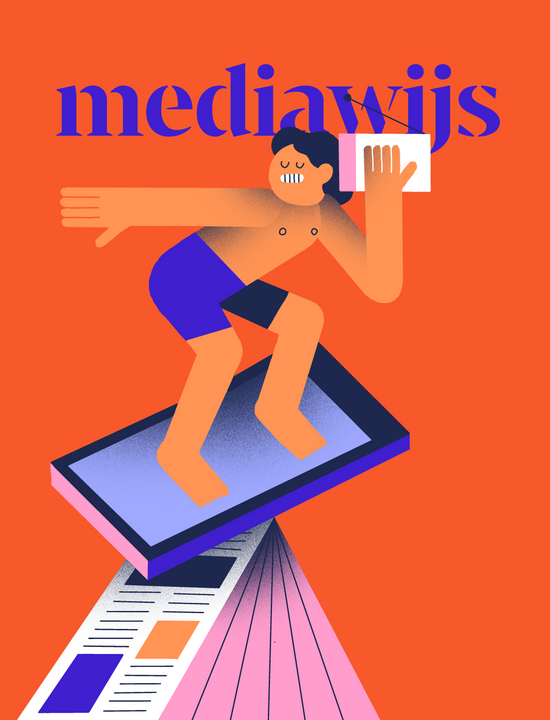Media literacy makes us happy
Media literacy is a competency. That means it’s not a goal in itself, but a means to reach an end. And that end, although it might sound clichéd, is simply that media literacy makes us happier.
If we are media literate, we are able to:
- build friendships by (also) staying in touch online;
- discover new passions and hobbies, like gaming;
- work on our development, for example by learning a language via an app or by watching a documentary via a streaming service;
- get better insight into our finances through online banking;
- combine work and family life more easily thanks to technologies that make remote work possible;
- gain time for other activities by doing shopping or administration onlie;
- …
When you are media literate, you are ‘with the times’
Another reason why media literacy is invaluable today, is that we can’t fully and optimally participate in society without media and technology. More and more services move into the digital domain, in some cases without an offline alternative.
If you can’t keep up digitally, that can lead to digital exclusion. And digital exclusion in turn can facilitate other forms of exclusion. Think for example of a lack of job opportunities, because vacancies are only posted online and applying is only possible via email. That’s why it’s important as a society to put our efforts into media literacy and digital inclusion.
